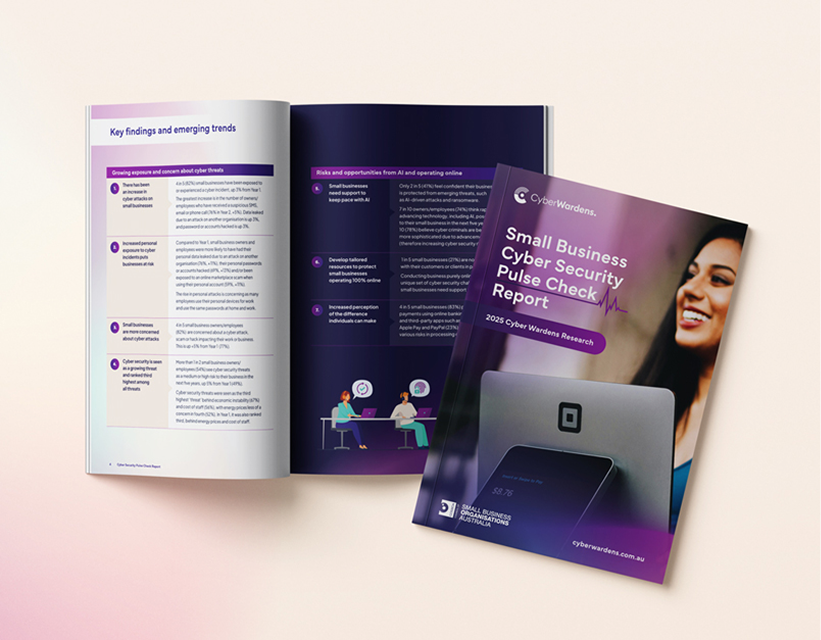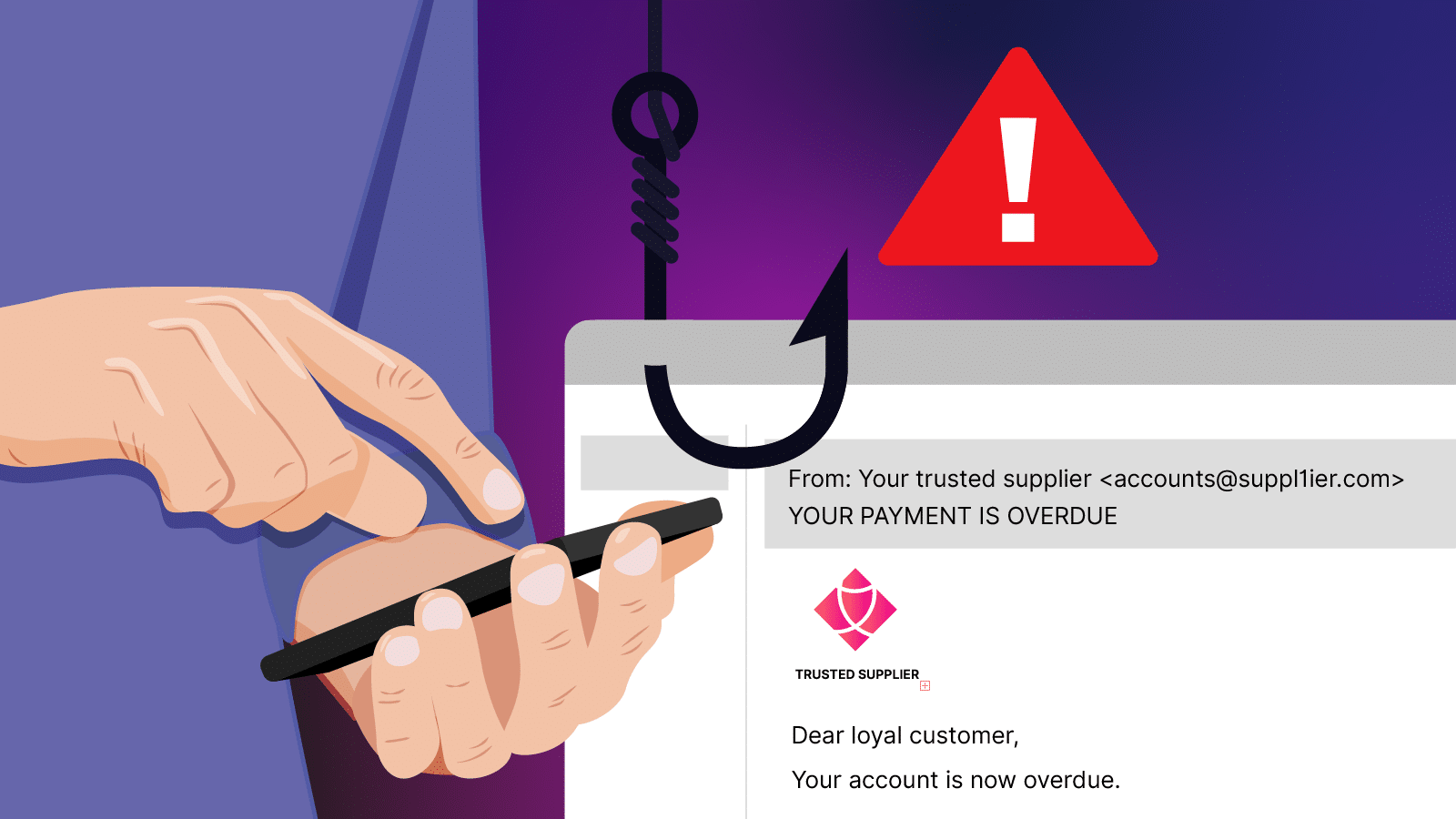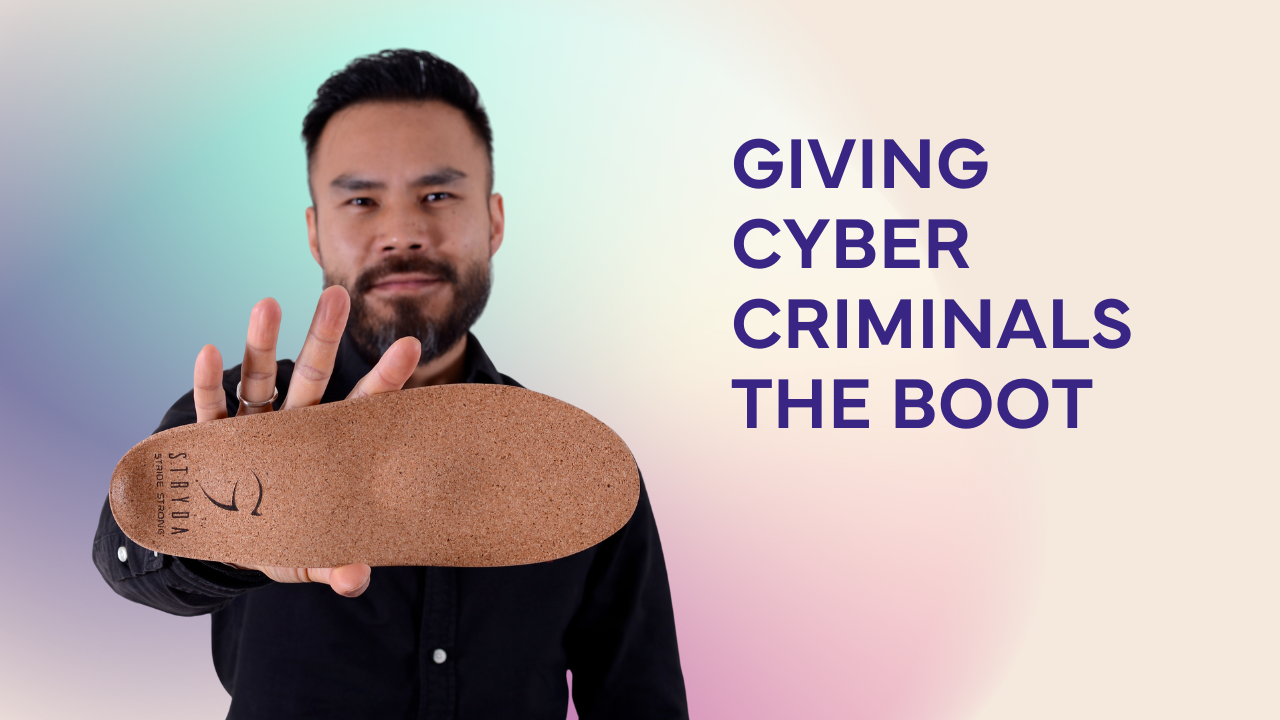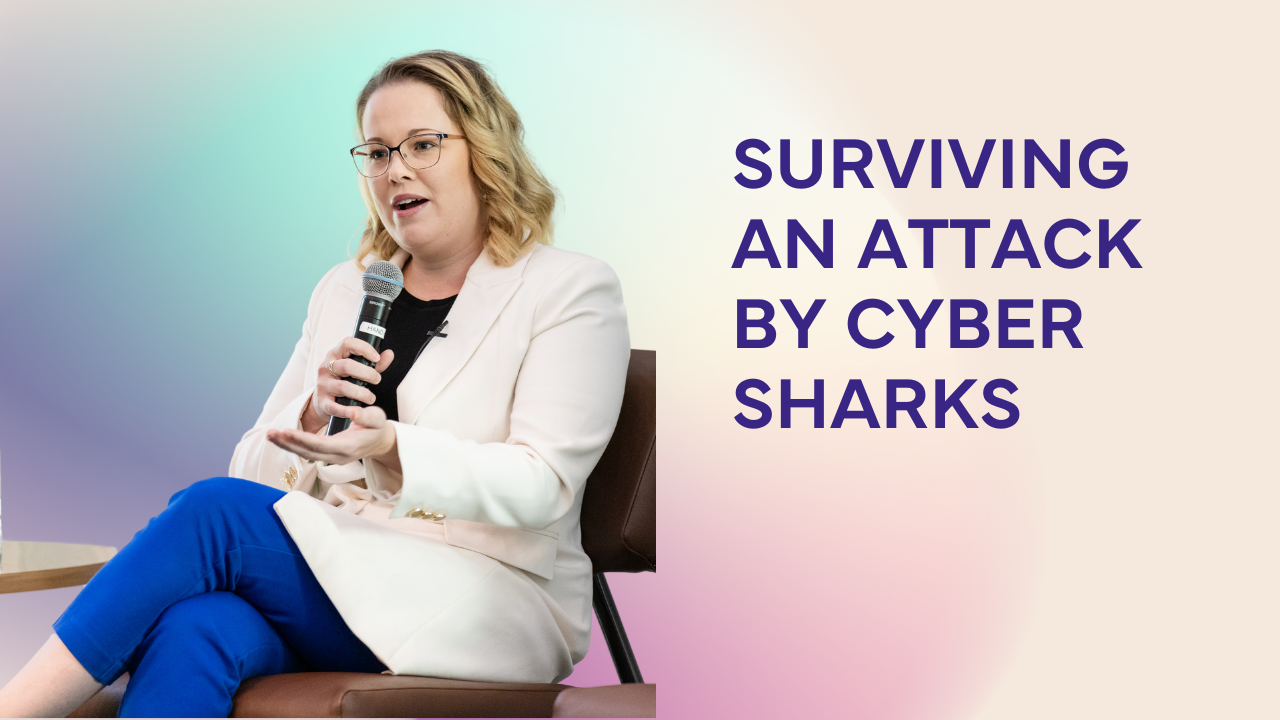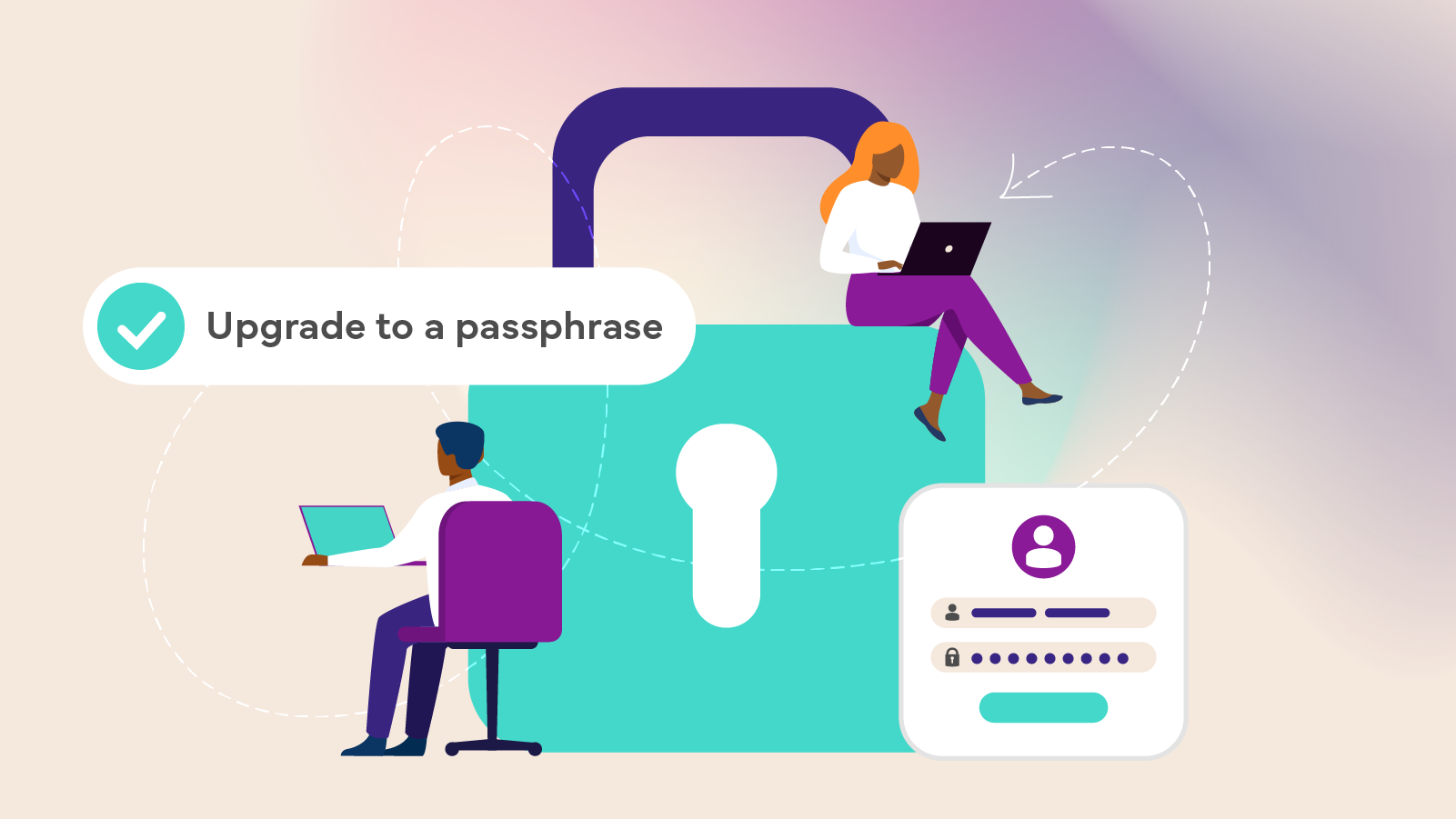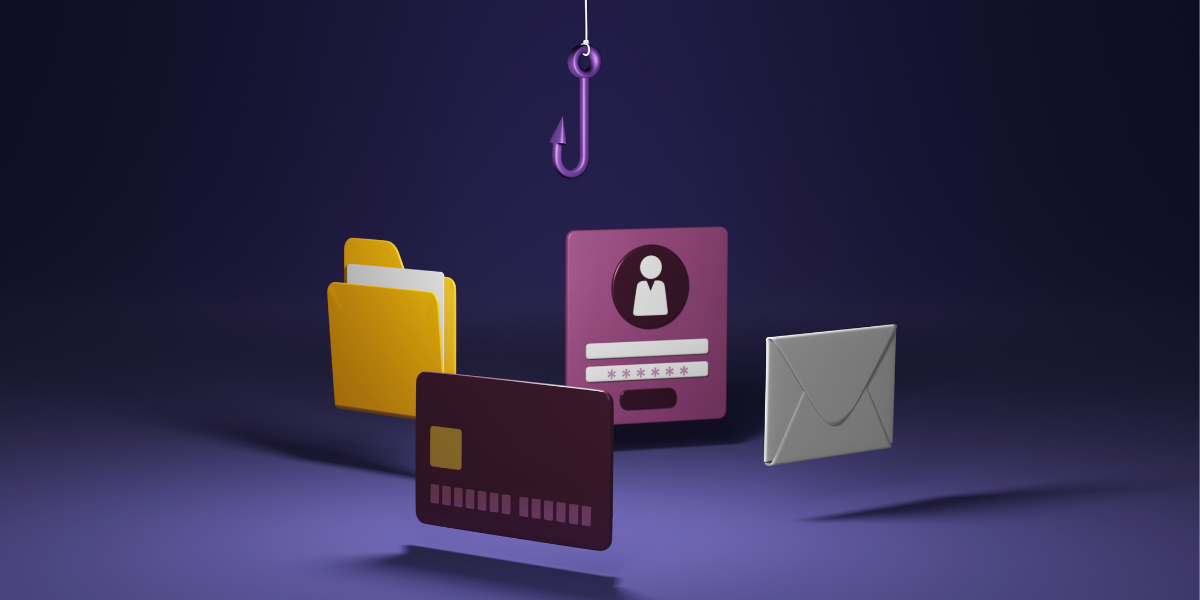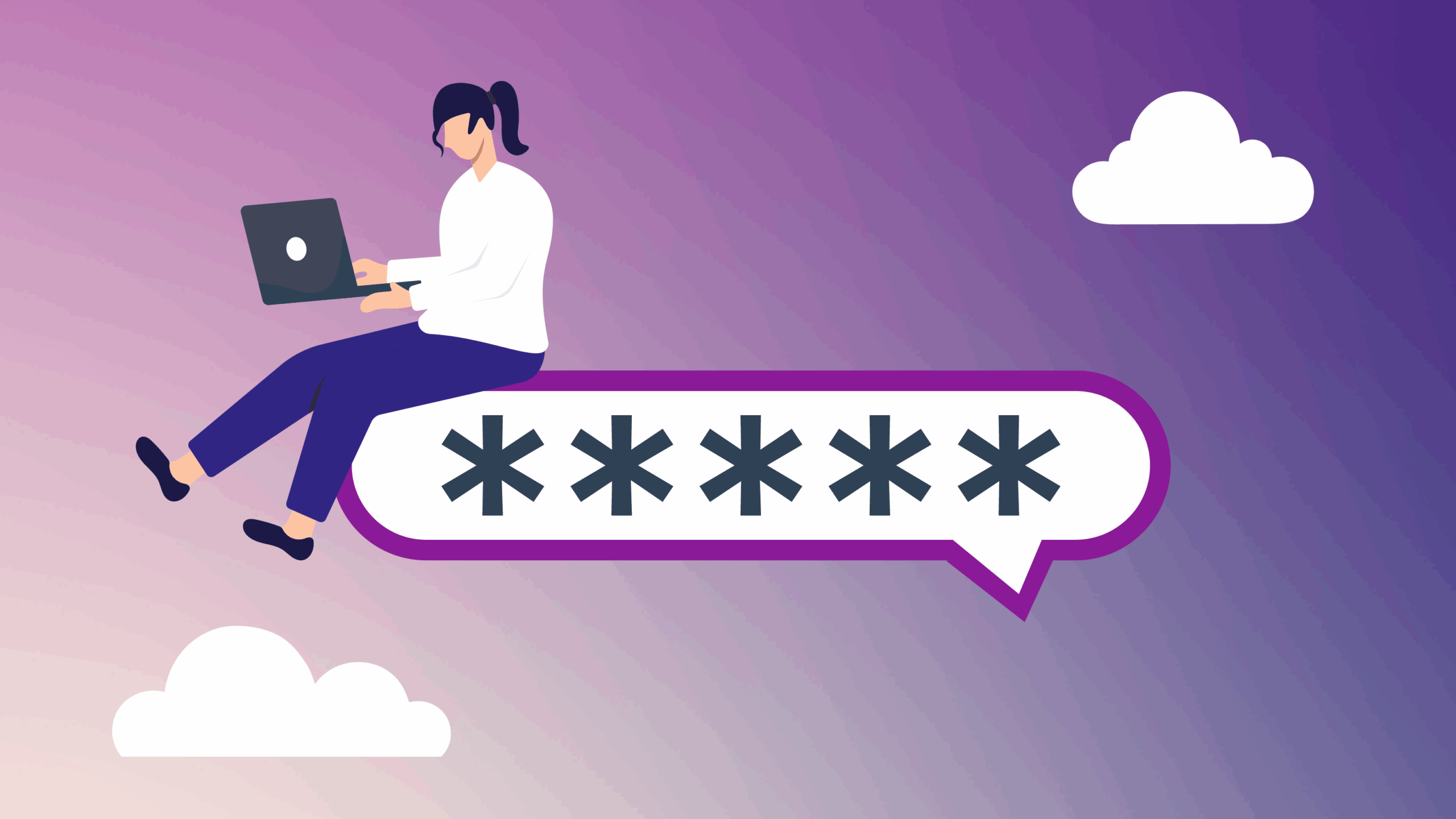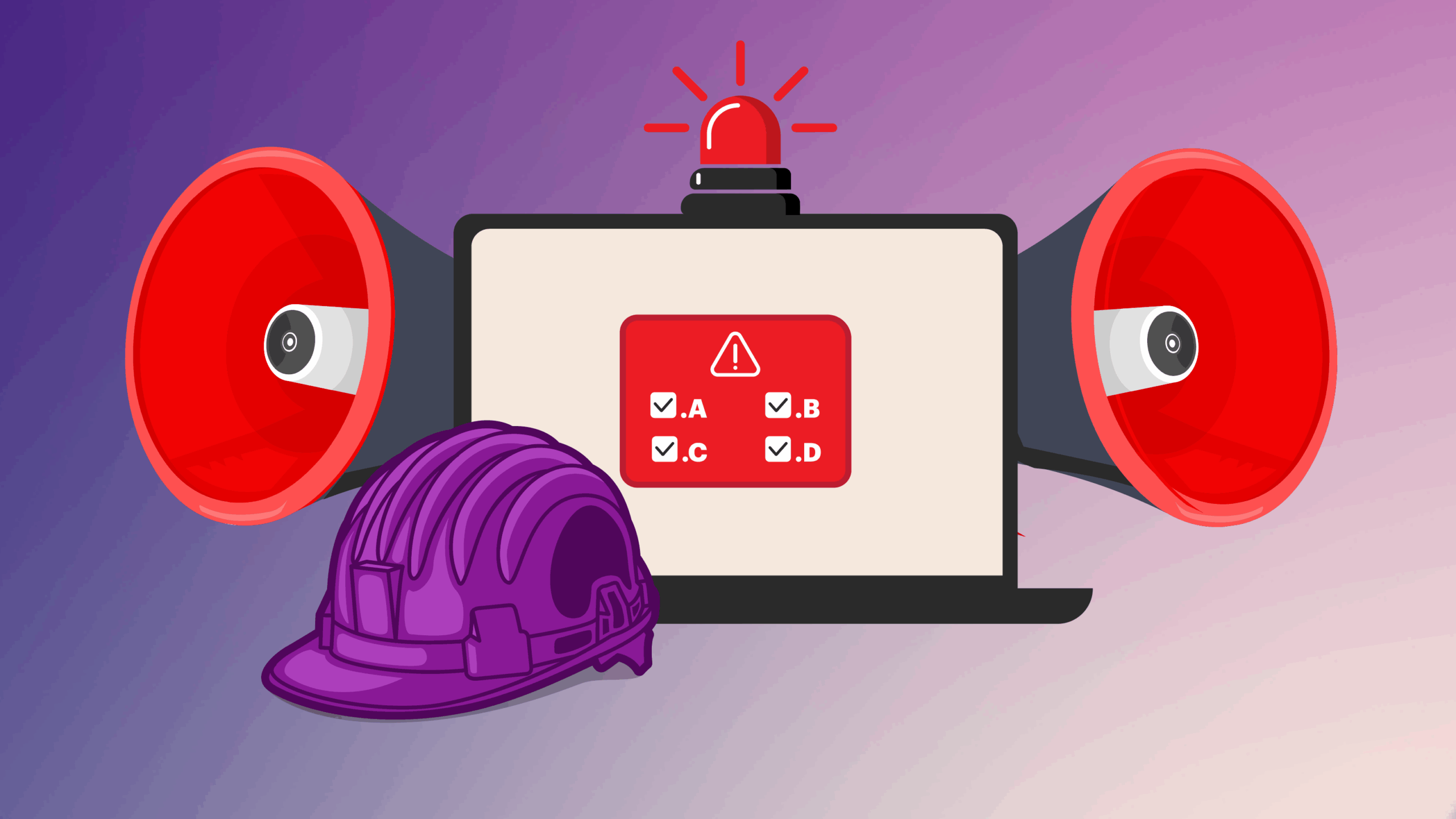The real estate industry is one of the top targets for cyber criminals. With sensitive personal and financial data at stake, property sector professionals must prioritise cyber security to help protect their clients, businesses, and reputation.
Let’s delve into why the real estate industry is a prime target for cyber crime and how you can help protect your property business.
The scope of the threat
According to the Australian Bureau of Statistics, the rental, hiring, and real estate services industry ranks among the hardest hit by cyber crime. Alarming statistics reveal that 1 in 6 businesses have been impacted by scams or fraud, and a quarter have suffered a cyber security incident. This vulnerability is further underscored by a survey from the Real Estate Institute of Australia (REIA), where cyber security ranked third among 27 key business issues keeping property professionals up at night.
While all businesses are at risk from cyber crime, the real estate sector particularly appeals to cyber criminals as a gateway to high-value transactions and personal information used for identity theft.
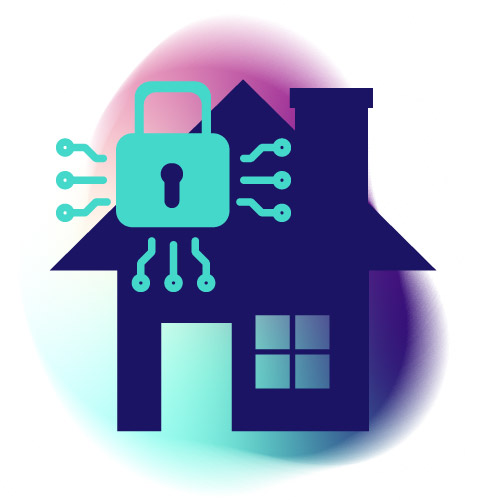
Recent cyber incidents in the property sector
Numerous high-profile cyber incidents have plagued the property sector in recent years. These include:
- A real estate agent losing more than $300,000 to a phone scam
- Hackers stealing months of data and sending fraudulent emails from a staff member’s account.
- Ransomware criminals steal sensitive employee and customer data, including passport scans and credit card details.
- Data breaches expose personal details such as photo identification, phone numbers, addresses, signatures, and bank details.
- Tenancy application information was stolen from an agent’s website and published on the dark web.

The need for a cultural shift
REIA emphasises the need for a cultural shift to combat these growing risks. Property sector professionals are adopting a more alert mindset and seeing cyber security as a team responsibility. Protecting sensitive data requires vigilance at every point of collection, whether through email, text messages, websites, or in-person interactions.

Best practices for cyber security
Start with the following best practices to help protect your property business against cyber threats:
- Multi-factor authentication (MFA) – Protect your email and business accounts with multi-factor authentication.
- Regular updates – Ensure your devices and software are regularly updated to patch vulnerabilities.
- Strong passphrases – Upgrade from passwords to longer passphrases and use a password manager.
- Phishing awareness – Be cautious of urgent requests and verify the legitimacy of invoices and emails.
- Secure disposal – Perform factory resets on old devices to prevent data breaches.
Robust cyber security measures are the best way to lock digital doors against hackers.
Cyber Wardens offers free training to help identify and eradicate bad habits that put your business at risk. Take two minutes to enrol today and start prioritising cyber security for your property business.
